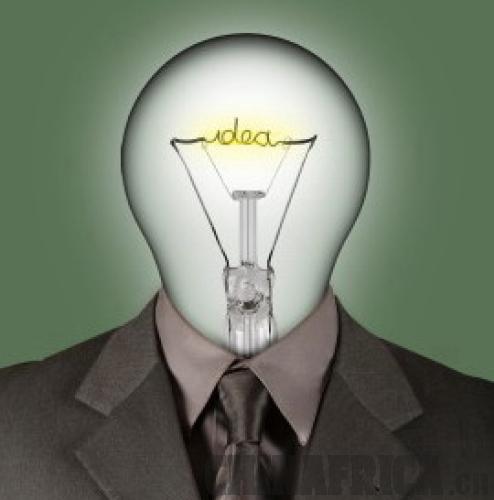| 
The term "think tank" is a Western one. Though not unfamiliar to scholars, Chinese or foreign, it used to be unfamiliar to many Chinese people. But today, these organizations play a big role in different sectors of society.
Established in 1961, the Institute of West Asian and African Studies at the Chinese Academy of Social Sciences was the country's first think tank dedicated to this area of research.
"With increasing contacts between China and African countries, there is an increasing need for people of both sides to know more about each other," says Yang Guang, the institute's Director General. This has led to the rise of African studies in the country, Yang told ChinAfrica.
During the past 50 years, the number of research institutions on Africa has increased from one to over 20. They include the Institute of African Studies at Zhejiang Normal University, the Center for African Studies at Peking University, and the Department for Developing Countries Studies at the China Institute of International Studies.
Practical significance
Chinese think tanks are working to maintain a balance between their academic research and the practical significance of their research findings. "We are now giving more attention to offering advices not only to the governments but also to enterprises," said Yang.
According to him, there is growing such demand from Chinese enterprises, as their business is expanding in Africa. They are keen to learn more about local consumer habits, market demands, political risk, and business and cultural environment, said Yang. "This provides opportunities for more cooperation between us researchers and those businesses," he explained. "While providing advices to policymakers, we offer consulting services to Chinese companies, for them to make proper decisions."
Wang Yizhou, Associate Dean at Peking University's School of International Studies, feels that think tanks are struggling to keep afloat with the current paradigm. "Researchers' efforts are limited," he says. "The government and companies should give more support to African studies."
Wang noted that the local government and companies have given full support to African studies at Zhejiang Normal University. His hope is that other regions will learn from the province's example. Ultimately, he says, "the increasing exchanges of Chinese and African think tanks, in the long run, will help improve dialogue between governments of both sides and between their companies."
Booming relations
Ever since the Forum on China-Africa Cooperation (FOCAC) held its first meeting in 2000, exchanges in various fields have witnessed a rapid boom.
"Chinese government departments, such as the Ministry of Commerce and the Ministry of Foreign Affairs, have attached more importance to exchanges with academic institutions and think tanks," says Yang. "This boosts the development of domestic research institutions on Africa studies and the research of China-Africa relations."
In late March 2010, the China-Africa Joint Research and Exchange Program was launched in Beijing. As a measure adopted at the Fourth Ministerial Conference of FOCAC in 2009, the joint program was meant to create a common platform for further cooperation and exchanges between scholars and think tanks from both regions.
A year later, representatives from over 50 African research institutions and think tanks, along with policymakers and their Chinese counterparts, gathered at an international conference in Nairobi, Kenya. The conference was aimed to explore ways of encouraging research and policy dialogue and facilitating effective African participation in the joint program.
"China and Africa share many strategic interests," says Yang. The growing ties between the two, in turn, stimulate the development of domestic African studies and think tanks for the research of bilateral relations."
Expectations
Although some institutions have linked up with African counterparts, Sino-African think tank exchanges remain limited.
"Compared with think tank dialogues between China and the United States, the European Union, Japan and Russia, China-Africa think tank exchanges are lagging behind the reality of their bilateral ties," says Wang. He attributes this to the fact that think tank exchanges "are not given due attention."
Another reason is that the number of China's research institutions dedicated to Africa remains small. African research institutions on China are also limited. Yang believes, though, that exchange will increase in the future.
Wang says that for this to happen, think tanks themselves need to evolve. "Even though the word 'think tank' comes from the West, and we can learn some of the Western experiences, we need not to follow their way completely," he says. "We need to tap our own knowledge and experience to build think tanks with our unique features." He also believes exchanges between Chinese and African think tanks should innovate, given Africa's unique position housing the most countries in the world.
The First China-Africa Think Tanks Forum will be held this year in Hangzhou and Jinhua in Zhejiang Province, between October 27 and 29. Insiders hope that it will provide the much needed mechanism for Chinese and African think tanks to exchange ideas and work together.

|